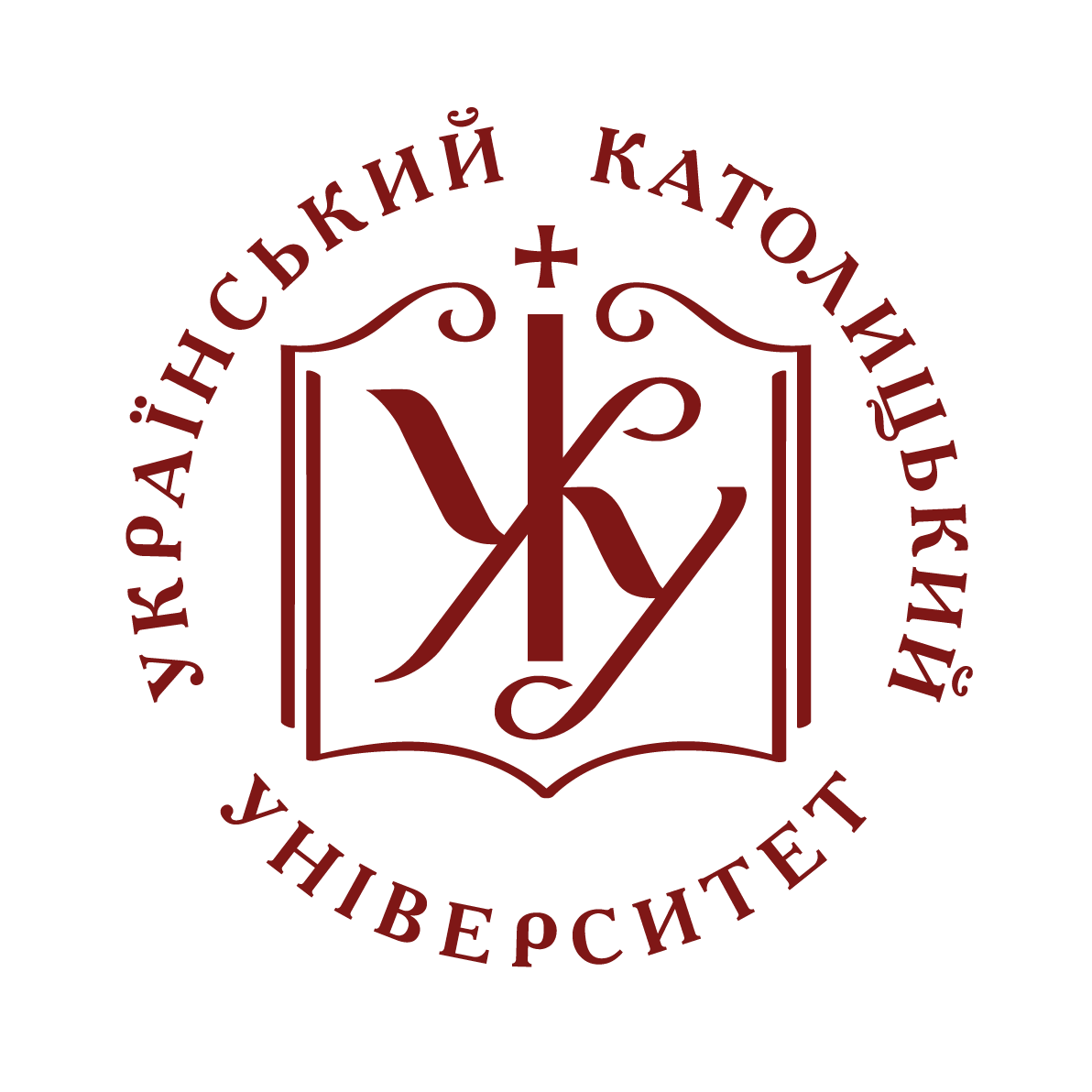- Домівка
- →
- Faculty of Health Sciences | Факультет наук про здоров’я
- →
- Кафедра психології і психотерапії
- →
- Статті
- →
- Перегляд матеріалів
Сценарії JavaScript вимкнено для Вашого браузера. Деякі функції цього сайту не будуть працювати без них.
Показати скорочений опис матеріалу
| dc.contributor.author | Turetska, Khrystyna
|
|
| dc.contributor.author | Турецька, Христина
|
|
| dc.date.accessioned | 2020-08-19T09:07:58Z | |
| dc.date.available | 2020-08-19T09:07:58Z | |
| dc.date.issued | 2020 | |
| dc.identifier.citation | Турецька Х. Психоаналітична модель політичної активності / Христина Турецька. // Вісник Львівського університету. Серія психологічні науки. – 2020. – №6. – С. 122–12. | uk |
| dc.identifier.uri | http://er.ucu.edu.ua/handle/1/2274 | |
| dc.description.abstract | Мета. Статтю присвячено теоретичному аналізу та емпіричній перевірці психоаналітичної моделі політичної активності Отто Кернберга. Методи. Для дослідження політичних настанов було використано шкалу авторитаризму пра-вого спрямування Б. Альтмейера та анкету «Політична орієнтація». Характеристики політичного лідерства діагностувалися опитувальником «Ідеальний політичний лідер». Для діагностики уявлень про історичну травму використано модифікований Traumatic Experience Checklist (TEC). Для діа-гностики глибинно-психологічних характеристик та уявлень про індивідуальну травму застосовано Traumatic Experience Checklist (TEC) та Я-структурний тест Аммона.Результати. Здійснено емпіричне дослідження, в якому виявлено зв’язки між політичною орієнтацією та глибинно-психологічними характеристиками українців, їх уявленнями про історичну й особистісну травму. Виявлено негативні кореляції лівих політичних настанов із більшістю уявлень про історичні травми, проте наявні кореляції з переживання втрати в дитинстві чи в дорослому віці значущих осіб. Ліві політичні настанови корелюють з уявленням про ідеального політичного лідера за типом «простої людини з народу». Право-авторитарні політичні настанови корелюють з обра-зом ідеального лідера «західний політик» (негативна кореляція) та з деструктивною і дефіцитарною агресією. Право-авторитарна політична орієнтація корелює зі спогадами про цілу низку травматич-них подій: Голодомор, Другу світову війну, політичні репресії та примусові депортації, а також із фізичною агресією щодо респондентів у дитячому віці.Висновки. Емпірично підтверджено феномен «ідентифікації з агресором» та вибір лідера за типом параноїдної регресивної групи у разі право-авторитарної політичної орієнтації; а також феномен «історичної амнезії» та вибір лідера за типом нарцистичної регресивної групи у разі лівої політичної орієнтації. | uk |
| dc.language.iso | uk | uk |
| dc.publisher | ЛНУ ім.І.Франка | uk |
| dc.subject | group psychology, | uk |
| dc.subject | group dynamics | uk |
| dc.subject | narcissistic-regressive group | uk |
| dc.subject | paranoid regressive group | uk |
| dc.subject | political leadership | uk |
| dc.title | Психоаналітична модель політичної активності | uk |
| dc.type | Article | uk |
| dc.status | Опублікований і розповсюджений раніше | uk |
| dc.subject.udc | 159.98:32 | |
| dc.description.abstracten | 128Список використаної літератури1. Adorno T. The authoritarian personality. New York : Harper Brothers, 1950.2. Bion W. Experiences in groups. New York : Basic Books, 1961.3. Jacobson E. The self and the object world. New York : Int. Univ. Press, 1964.4. Kernberg O. Ideology, conflict, and leadership in groups and organizations. New Haven and London : Yale Univ. Press, 1998. 5. Kernberg O. Sanctioned social violence: A psychoanalytic view : Part I. The International Journal of Psychoanalysis. 2003. No 84. Р. 683–698.6. Rice A. Individual, group, and intergroup processes. Human Relations. 1969. No 22. Р. 565–584.7. Turquet P. Threats to identity in the large group. In The large group: Dynamics and therapy. London : Constable, 1975. Р. 87–144.8. Volkan V. Das Versagender Diplomatie. Giessen, 1999. Kernberg O. Aggression, trauma, hatred in the treatment of borderline patients. In Psychiatric clinics of North America, Volume on Borderline Personality Disorder. 1994. Р. 701– 714.9. Volkan V. The need to have enemies and allies: From clinical practice to international relationships. Northvale, NJ : Jason, 1988.PSYCHOANALYTICAL MODEL OF POLITICAL ACTIVITYKhrystyna TuretskaUkrainian Catholic University,17, Hilarion Sventsitskyj Str., Lviv, Ukraine, 79000e-mail: [email protected]. The article is devoted to theoretical analysis and empirical verification of Otto Kernberg’s psychoanalytic model of political activity.Methods. The Altemeyer’s Right-Wing Authoritarianism scale and the Political Orientation Questionnaire were used in order to identify political attitudes. The characteristics of political leadership were diagnosed by the questionnaire «Ideal Political Leader». The modified Traumatic Experience Checklist (TEC) was used to diagnose historical trauma concepts. The Traumatic Experience Checklist (TEC) and the Ego-structural test of Ammonwere used to diagnose psychological characteristics and individual trauma perceptions.Results: The aim of empirical research was to identify correlations between political orientations and psychological characteristics of Ukrainians, their perceptions of historical and personal trauma. Left political attitudes had negative correlations with most items about historical trauma. There were significant correlations between left political attitudes and experience of losing a significant person in childhood or adulthood. Left political attitudes correlate with the ideal political leader as «common man of the people». Right-wing authoritarianism attitudes correlated with the image of the ideal political leader as «western politician» (negative correlation) and with destructive and deficient aggression. Right-authoritarian political orientation correlates with memories of a range of traumatic events - Holodomor, World War II, political repression and forced deportations, as well as physical aggression towards respondents in their childhood.Conclusions. The phenomenon of «identification with the aggressor» and the choosing a leader, that is specific to paranoid regressive group in case of right-authoritarian political orientation have been empirically confirmed; as well as the phenomenon of «historical amnesia» and choosing a leader, that is specific to the narcissistic regression group in case of left-wing political orientation. | uk |
| dc.relation.source | Вісник Львівського університету. Серія психологічні науки | uk |
Долучені файли
Даний матеріал зустрічається у наступних зібраннях
-
Статті [97]
Articles


